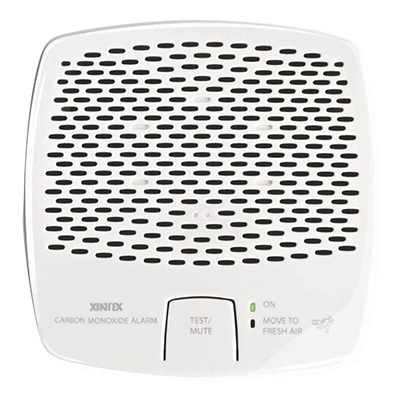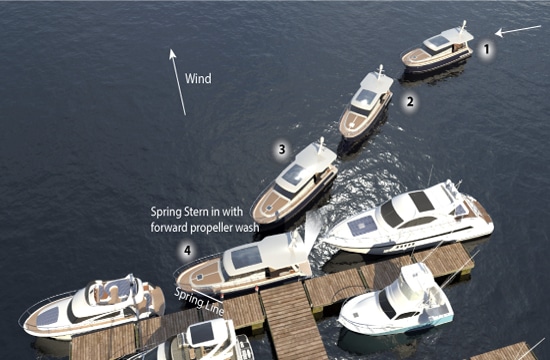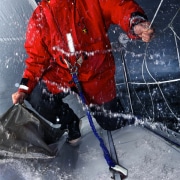Safety Equipment
There is a plethora of equipment specially designed for a variety of emergencies at sea. Some are inexpensive, while others are very costly. Determine your specific requirements by the kind of boating actvitiy you will be doing and the location. But don’t be cheap. If you can’t afford to buy safety equipment for your boat you can’t afford to go boating. Any arguments?
Here is a PDF list of items you should keep on board. Print it out and keep it with your boat documents on board. At least twice per season go through the list and write the date you last checked the items for completeness.
Hover over the following animation. Does your boat have all of these? Make a list of those items missing.
Jack Lines
The possibility at any time of bad weather requires that jack-lines and harnesses be permanently carried on board. They must of course be strong and should be checked regularly for deterioration.
Jack lines are typically webbing strips that run the length of the vessel on the deck and are also mounted in the cockpit. They are attached to the vessel by points called ‘jack stays’. Your harness then clips onto a jack line during poor weather and will prevent you from going overboard should a wave wash over the boat, a roll occur, or even if the vessel is hit by a jolting large wave throwing you down.
The jack-line then allows the crew to move around the vessel performing necessary tasks at the foredeck or even in the cockpit.
One look at the guys in the Volvo Ocean race will convince you that jack-lines are a good thing.
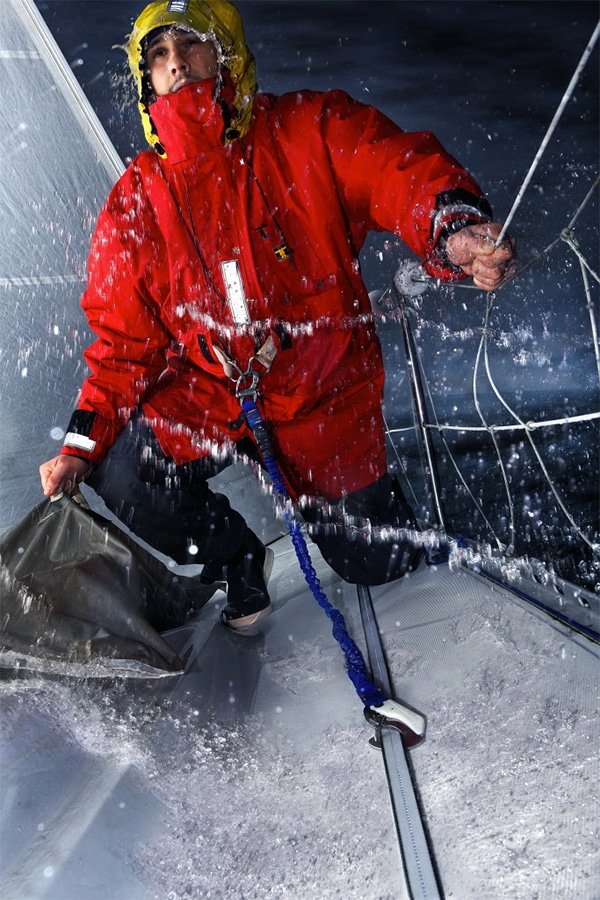
(Photo Courtesy of Wichard)
Radar Reflectors
Large shipping traffic relies heavily on radar to avoid collision. Since you and your boat are comparatively small and don’t want to be squashed like a bug, it is a good idea to do what you can to be seen. Radar reflectors are usually smallish tubes or spheres with metal pieces packed inside arranged at many different angles that you attach high up on your boat. They vastly increase the radar signal visibility of your vessel. These are especially important if your vessel is made of wood or GRP fiberglass, which tends to absorb rather than reflect radar signals.
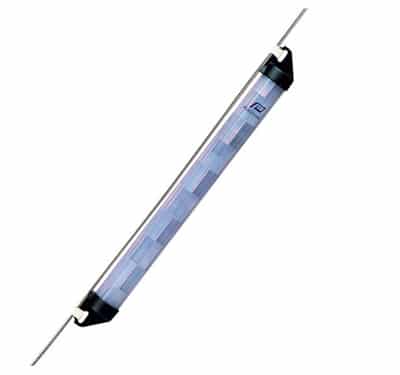
Carbon Dioxide Detector
This is a crucial monitor for any sleep-aboard boat. Many a boater has been found permanently asleep from CO2 poisoning. CO2 is completely odorless and you will not be awakened by any strained breathing.
A CO2 monitor will set off a loud sound alarm if the air in your boat becomes unsafe.
